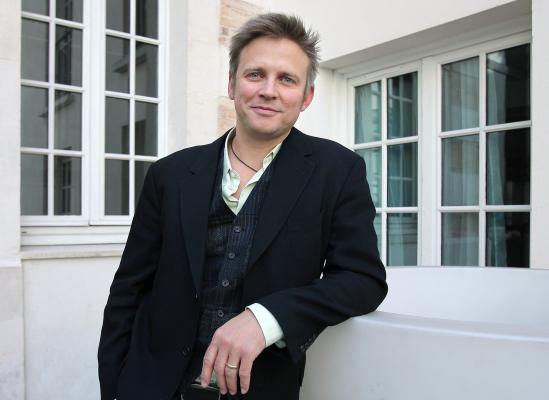The creator of one of the earliest and most enduringly iconic virtual worlds is returning to his roots. Second Life’s founder Philip Rosedale will rejoin the company he founded in 1999 as a strategic advisor after High Fidelity, the spatial audio company Rosedale co-founded in 2013, invested in Second Life’s developer Linden Lab. The deal includes an unspecified cash investment, relevant patents and some members of its development team.
“No one has come close to building a virtual world like Second Life,” Rosedale said in a press release. “Big Tech giving away VR headsets and building a metaverse on their ad-driven, behavior-modification platforms isn’t going to create a magical, single digital utopia for everyone. Second Life has managed to create both a positive, enriching experience for its residents — with room for millions more to join — and built a thriving subscription-based business at the same time. Virtual worlds don’t need to be dystopias.”
As companies like Meta launch their own visions for the metaverse, Rosedale has remained a vocal critic of some of the dynamics that underpin the current era of online life, from ad-based social networks to the environmental impact of energy generated by Bitcoin mining operations.
While few Roblox users are old enough to have more than a passing familiarity with Second Life, if that, Rosedale’s virtual social platform pioneered many of the concepts that have only very recently been hyped under the umbrella of the “metaverse.” Second Life explored notions of digital identity, virtual real estate, digital economies and online multiplayer ecosystems in the early 2000s, back when Facebook only existed to connect students at elite universities.
Rosedale is already regularly in communication with executive chairman of Linden Lab, Brad Oberwager, according to the company, but will significantly deepen his involvement in the platform’s product plans in the new advisory role. And High Fidelity’s current work remains extremely relevant to Second Life’s second life: A number of social platforms recently added spatial audio to create more immersive experiences, and some of them, like Clubhouse, are licensing High Fidelity’s code to pull it off.
“Since Philip started Second Life in 1999, its visionary approach has not only stood the test of time, but positioned it for the future,” Oberwager said. “He and the High Fidelity team have unmatched experience and I can’t wait to capitalize on the vast opportunity in front of us.”
With Rosedale back in the fold, it sounds like Linden Lab is interested in tapping into that early mover magic. But Second Life has a long way to go to claw its way back to relevance. Fortnite-maker Epic, Roblox, Meta and myriad other major companies are betting big on a near future (or arguably the present, depending on who you ask) of virtual worlds populated by digital identities with endless lucrative virtual goods on offer. Rosedale’s own perspective isn’t likely to imitate the glimpses into the metaverse that some platforms offer now, so it will be interesting to see how someone who has been thinking about these issues for 20 years envisions the virtual worlds that companies are suddenly so keen on all of us moving into.
